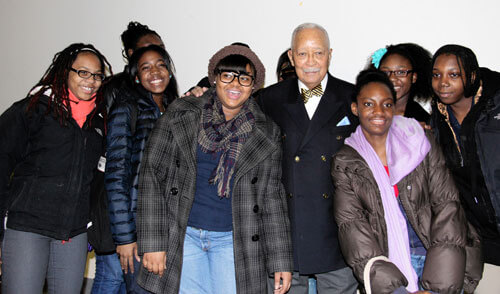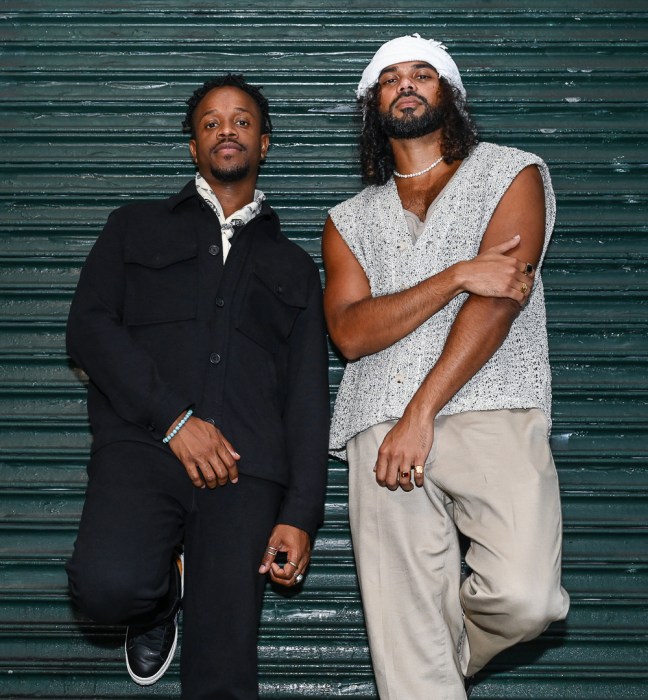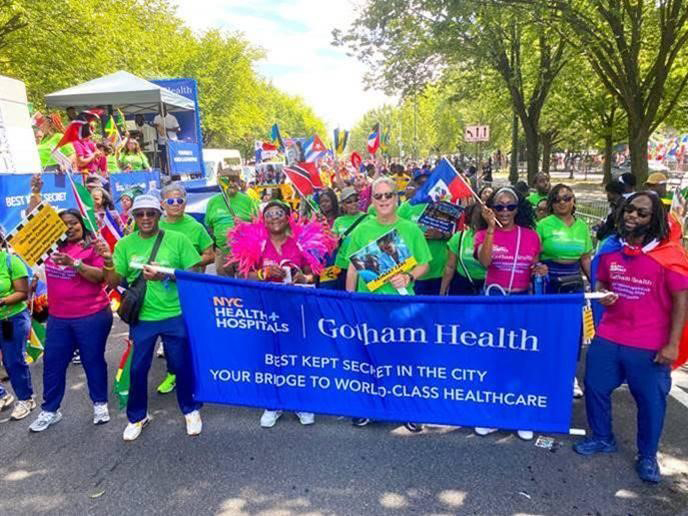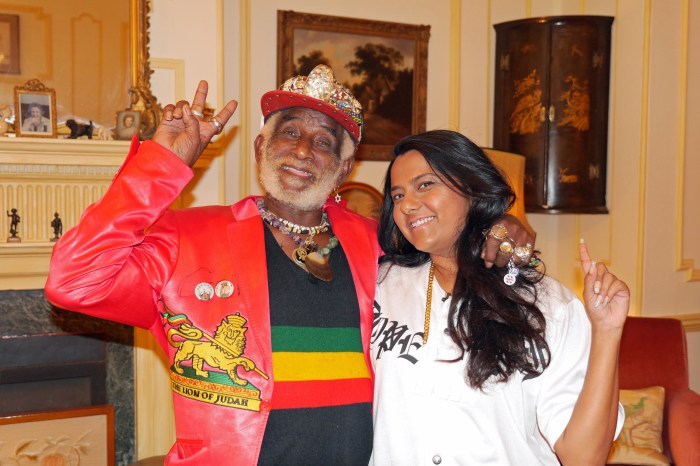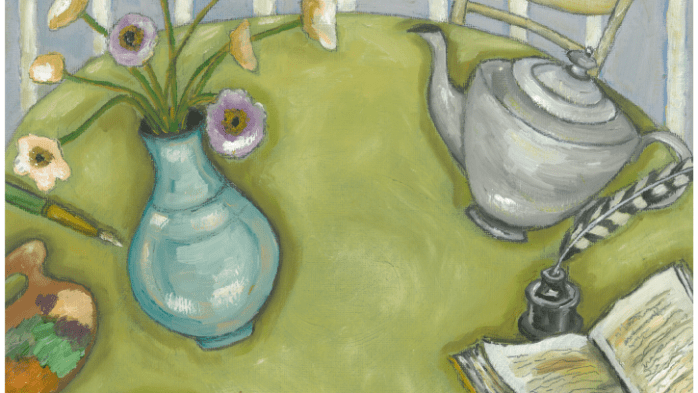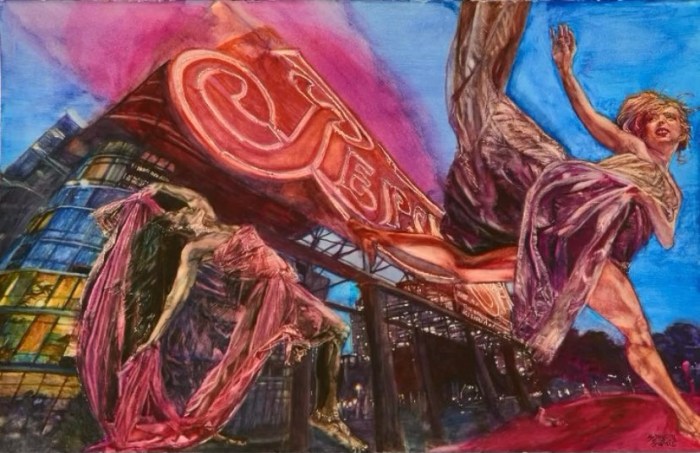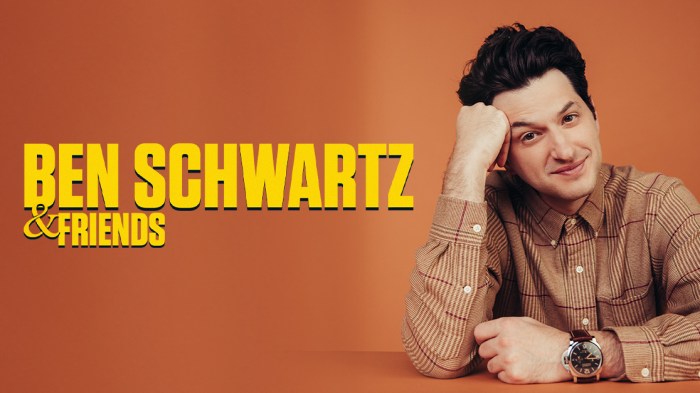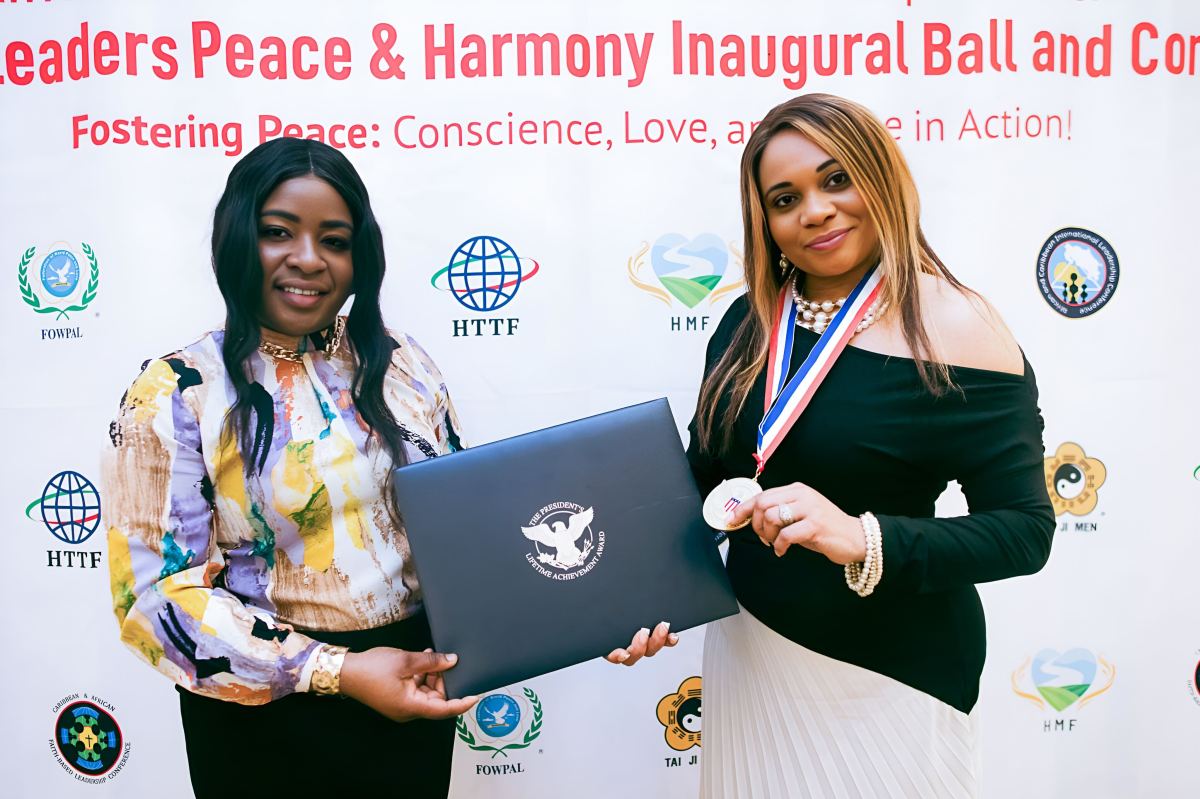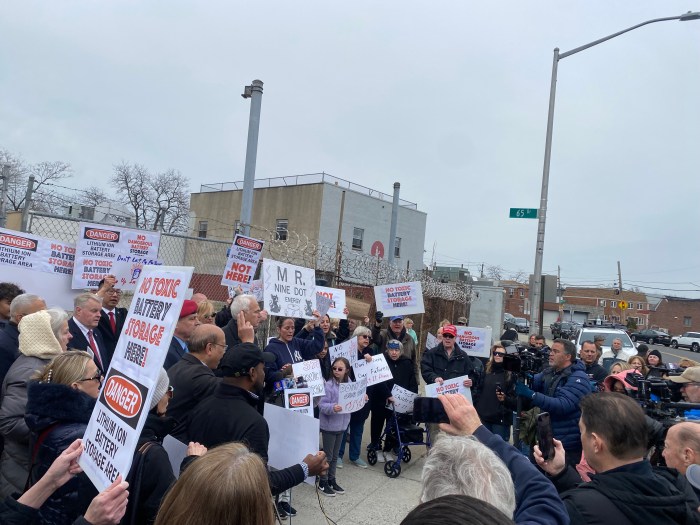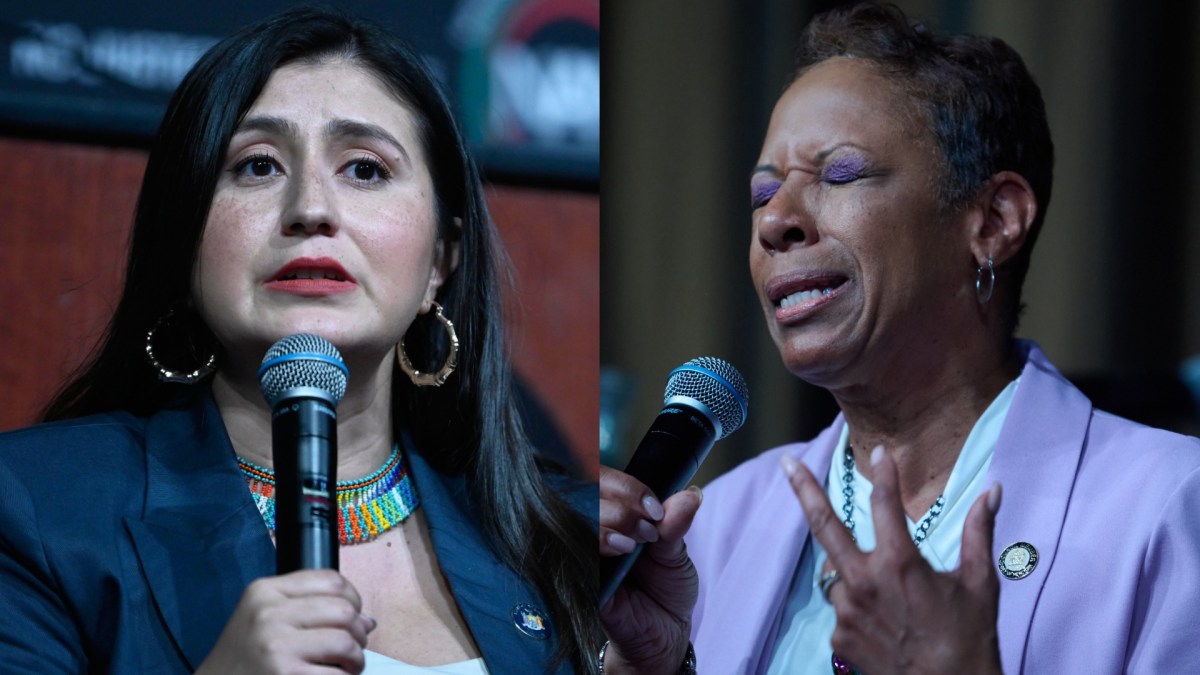On May 5, “A Gorgeous Mosaic” will be the focus of a documentary slated to open the 2022 Harlem International Film Festival at the Schomburg Center for Research In Black Culture.
The appealing title associates the inaugural address made on Jan. 3, 1990, by David N. Dinkins, the first Black elected mayor of New York City who said “I see New York as a gorgeous mosaic of race and religious faith, of national origin and sexual orientation.”
Throughout his four-year tenure fraught with racial strife and political rivalry, the pioneering leader defied the “melting pot” notion of previous administrations by replacing the Big Apple’s image with an all- inclusive frame of reference.
The optimistic perception he envisioned seems an appropriate description that could apply now and maybe sustain the multi-cultural populous facing racial and religious divisiveness and a crime surge.
Crime dipped from 1990 to 1993 while he was in office. But then something happened – the Crown Heights insurgency.
Undeniably, the turmoil upended his ambition of leading for a second term when Lubavitcher Jews in Brooklyn and a predominant Caribbean community of Blacks clashed after a 7-year-old Guyanese youth named Gavin Cato was killed by a car driven by Josef Lifsch, a member of the orthodox religion.
Dinkins’ efforts to quell the turmoil proved challenging following the death of rabbinical student Yankel Rosenbaum who was stabbed by Lemrick Nelson in what was reported as a “reprisal” killing.
Through a contentious political campaign to malign the mayor, his opponent prevailed.
Mayor Dinkins lost his second bid to an oft-described “polarizing” Republican named Rudy Giuliani.
This and more will be presented in the film by the Greater Harlem Chamber of Commerce. Its executive producers Voza Rivers and Lloyd Williams were familiar with the politics of the era. They too are Harlem advocates.
Directed and produced by Jamal Joseph, in a 26-minute documentary “Gorgeous Mosaic” offers a peek into the promise of perceived tolerance President George W. Bush yearned for when he pleaded for “a kinder and gentler” America.
For the retrospect, Joseph invited some of Dinkins’ former associates and colleagues to share opinions they formed working with the trailblazer.
Most prominent are the voices of NAACP activist Hazel N. Dukes, Harlem Congressman Charles B. Rangel and spin doctor Ken Sunshine.
The Cinco de Mayo premiere will likely reference a memoir titled “A Mayor’s Life; Governing New York’s Gorgeous Mosaic.”
That he graduated magna cum laude from Howard University should not be an edited feature.
And that despite his short term in office as the number one citizen of the city, the first Black mayor maintained the hope that diversity could better the Big Apple.
Dinkins straddled a tight-rope between ethnic communities pandering to the diversity of the mosaic while appeasing the Jewish community. For that he was often criticized by members of his own community.
Among his memorable contributions to the city was hosting the visit of anti-apartheid activist Nelson Mandela — and his wife Winnie — soon after the freedom-fighter’s release from decades of imprisonment in South Africa.
The historic visit was marked by a ticker-tape parade and motorcades through Brooklyn, Queens and Manhattan as well as a marathon concert-tribute hosted by actor Harry Belafonte at Yankee Stadium in the Bronx.
Reportedly, Giuliani scored favor with a large percentage of Staten Island voters by appealing to their Republican and mostly Italian agenda.
One of the pastimes of the media was to tag the fashion-forward administrator a “natty dresser.” He seemed to embrace the moniker and was often seen wearing savvy bow-ties.
Following his departure from Gracie Mansion, Dinkins hosted “Dialogue With Dinkins” a one-hour talk program aired from radio station WLIB-AM which was owned by his longtime friend and Harlem advocate Percy Sutton.
The show focused on community issues with phone calls from listeners to which he responded.
Dinkins retired his microphone at age 86.
He died at age 93, one month after his wife Joyce departed.
Joseph’s is a three-time winner of the National Black Programming Consortium’s Prize Pieces Award, a two-time winner of the Black Filmmaker Hall of Fame Award, a winner of the International Film and Video Association Award, and a recipient of the New York Fine Arts Fellowship.


